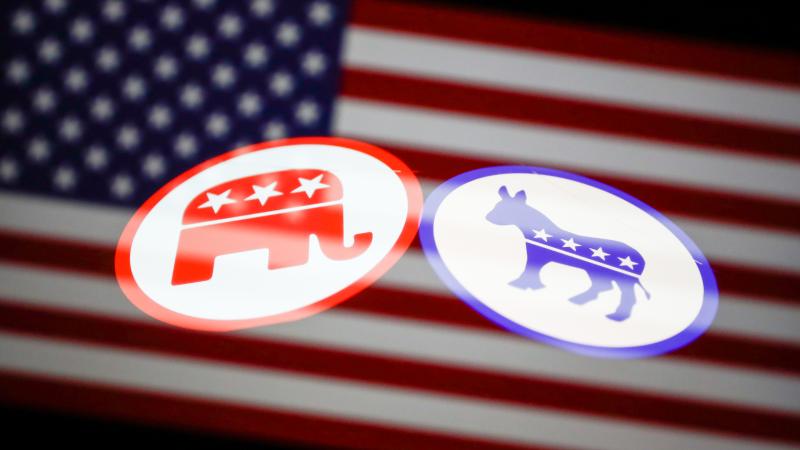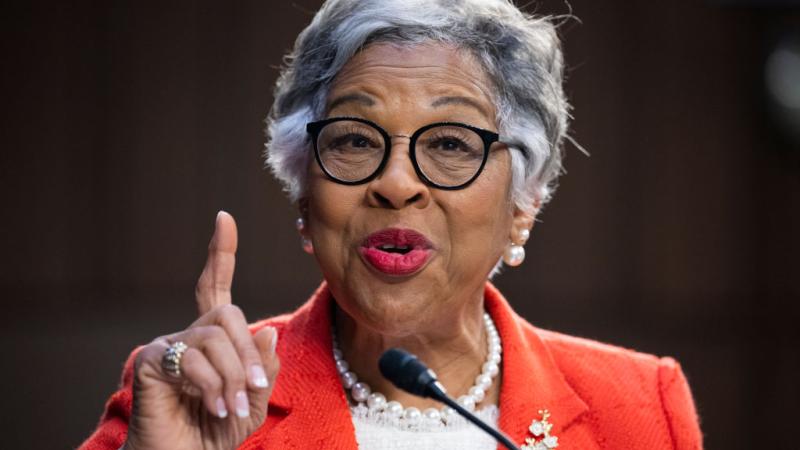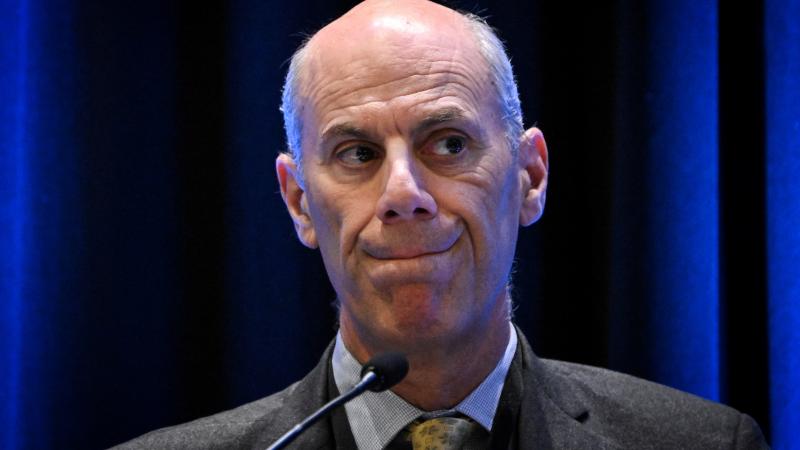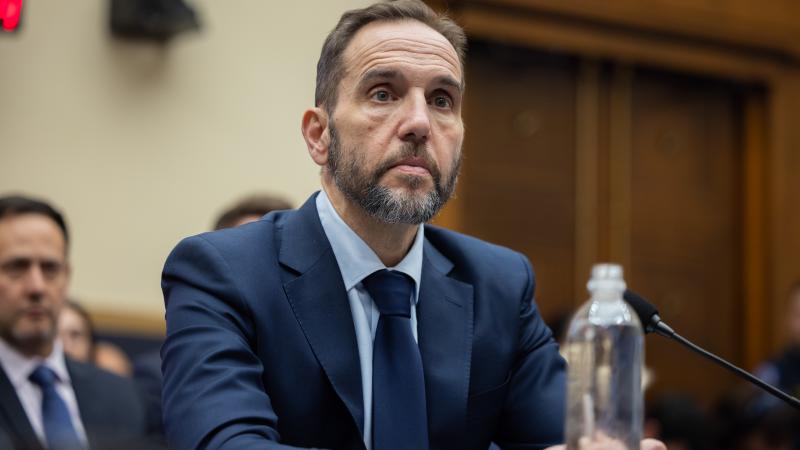Bernie's last stand? Sanders seeks debate win to slow Biden momentum
Anti-establishment Vermont senator will try to tug frontrunner to left in Sunday’s empty-seat debate
Facing a growing delegate gap in the race for the Democratic presidential nomination, Bernie Sanders faces what could be his last stand in a one-on-one debate against frontrunner Joe Biden Sunday night.
Sanders vowed a pugnacious line of policy questioning at the debate, though questions remain unanswered about whether the independent from Vermont will question Biden’s mental acuity, a factor raised by some Biden critics from both the left and right.
Sanders has publicly questioned Biden’s physical stamina by contrasting the length of the former vice president’s far shorter campaign speeches with his own. During the competitive 2016 race against Hillary Clinton, Sanders did not question Clinton’s physical health after she appeared to faint at a 9/11 ceremony in Manhattan. Sanders also refused to attack Clinton’s actions around her email maintenance during her time in office as secretary of state. (“The American people are sick and tired about hearing about your damn emails,” Sanders said then.)
Biden’s campaign publicly denied it pushed for Sunday’s debate to be in a seated format, presumably to make it less physically draining for Biden, 77. Sanders, 78, suffered a heart attack last fall but has since resumed a rigorous campaign trail schedule.
“On Sunday, I very much look forward to the debate in Arizona with my friend, Joe Biden,” Sanders said in defiant remarks after a bruising defeat in Super Tuesday matchups. “And let me be very frank as to the questions that I will be asking Joe.”
In his remarks, Sanders outlined a list of policy areas he then planned to hit Biden on in the debate, everything from health care and student loans to wealth inequality and criminal justice reform.
Biden has a 153-delegate lead — 878 delegates to Sanders’ 725 — with a candidate needing 1,991 delegates to win the nomination at the Democratic National Convention, currently scheduled for July in Wisconsin. Coronavirus fears spurred Democrats to move Sunday’s debate from a live studio audience in Phoenix to a CNN studio with no audience in Washington, D.C.
“VP Biden is definitely in the driver's seat, coming off a strong set of victories this past Tuesday, but given the torrid pace of news and coronavirus developments, it's premature to say this race is over,” Democratic strategist Doug Thornell told Just The News. “I think Bernie needs to surprise somewhere, and he also has to have a strong debate. He also has to broaden his appeal to older African-American voters and suburban women, or else he has no chance. Going after Biden is probably not the best move, I'd stick with contrasting his record and vision with Trump. I'd give the same advice to Biden: Focus on the future and your differences with Trump. Both candidates have done a solid job in their public statements on the current crisis, but it will be interesting to see how they do in a more freewheeling format like a debate.”
Antjuan Seawright, a senior advisor to the Democratic National Committee (DNC) who also advised the Clinton campaign in 2016, told Just The News that Sunday’s debate will set the stage for the Democrats’ primary races on Tuesday, which are currently slated to award 15% of all delegates in the nomination battle. Tuesday’s prizes include Florida, Illinois, Ohio and Arizona, raising the stakes for Sanders as after Tuesday, 61 percent of all total delegates available are scheduled to be allocated.
“I think this debate for Bernie Sanders could be an alley oop, or it could be a slam dunk on his candidacy, meaning slam dunking him out of the possibility of doing well on Tuesday,” Seawright said. “These debates matter even more, and with everything going on with coronavirus and all that, people are looking for reasons to make a decision one way or the other. Not to mention people being stuck at home, it will be really interesting to see how high the television ratings are. And there’s no Sunday night football, no NCAA and no NBC basketball competing for attention.”
Seawright said Sanders must strike a delicate balance — going after Biden without doing harm to his opponent, should Biden need support from undecided viewers in the general election. Seawright also urged Sanders to avoid questioning Biden’s mental acuity.
“When you start attacking something personal, it's a sign of weakness,” Seawright said. “The vice president is alive and well, contrary to the Republican critics and some in the media. We do ourselves and our country a disservice when we get into this. I don’t get into mental fitness questions around President Trump.”
Sanders should instead “ramp up the urgency around his being in the race,” Seawright advised. “People respond when they’re angry, frustrated, or when there’s a sense of urgency. I think perhaps Bernie Sanders and some of his supporters have lost a sense of urgency because of some early wins.
“I would ramp up the fact that if he doesn’t do well Tuesday, it’s going to be the end of the campaign. We’ve seen other candidates, when they make late fundraising pitches, they work. His supporters do want him around in one way shape or another.”
















